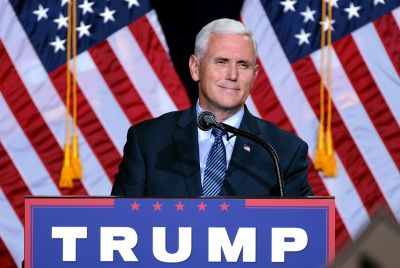France may inject up to $6 bln in high-tech, fibre
France might plough up to 4 billion euros ($6 billion) into high-technology projects through its national loan programme, with the largest chunk going to subsidise construction of high-speed broadband telecoms networks in smaller cities and rural areas, according to government sources.
Company and government sources told Reuters the amount being considered to boost the building of fibre-optic broadband networks, which offer four times faster speeds than existing technology, could be 2 billion to 3 billion euros.
The national loan programme, which aims to fund strategic investments and boost the economy, is in the early stages of being formulated by President Nicolas Sarkozy's government.
In the coming days a commission led by two former prime ministers will present its recommendations to Sarkozy, laying out the size of the so-called grand emprunt, or big loan, and areas of focus.
The president is expected to decide the final plan in early December.
The move comes after a year marked by a near standstill in fibre investment in France. Even in cities where fibre makes the most sense economically, telecom operators have been reluctant to invest because of regulatory uncertainty and high costs.
France Telecom froze its fibre investments this summer in protest at certain regulatory decisions and has only spent 220 million euros to date, according to analysts.
The government hopes to kick-start investment in fibre with the special loan programme, but the details and size of the high-technology portion of the plan could still change, according to government and company sources.
Key questions over how the fibre subsidies would be doled out remain unanswered, the sources said.
The stakes are high, said Jeremie Magnine, executive vice president of innovation, product and services marketing and services at Vivendi's SFR unit.
If the government creates a precise regulatory framework and defines clear ways of doing things, then the national loan programme could kick-start fibre investments in smaller cities and rural areas.
Otherwise operators would not invest in these places until two to three years from now because they would focus first on big cities, he said.
One major debate has been over how to finance the construction of fibre networks in less-populated areas.
France Telecom has been pushing for a system in which local governments put fibre projects up for bid, and then the operator that wins has the right to the subsidy.
In contrast other operators such as SFR and Iliad have argued for the creation of a single entity that would pool financing from companies and government to build shared fibre networks outside major cities where it would be unprofitable for companies to go it alone.
Local governments have also started to hand out subsidies to encourage fibre investments.
In the Hauts-de-Seine region near Paris, the local authorities gave a consortium of companies including cable operator Numericable and construction firm Eiffage a subsidy of 59 million euros to build a fibre network.
A telecom executive who declined to be named said that if the government put in 1 billion euros in subsidies for fibre it would lead French telecom operators to invest about 1 billion each. Such investments would dwarf what operators have done to date, with most having spent around 200-300 million.
The leveraging effect is real, the telecom executive said.
But given the huge cost involved in building a nationwide fibre network -- 30 billion euros by some estimates -- the undertaking is likely to take decades, according to analysts.
($1=.6712 euros)
(Additional reporting by Emmanuel Jarry, Anna Willard and Marie Mawad; Editing by Greg Mahlich)
© Copyright Thomson Reuters 2024. All rights reserved.





















